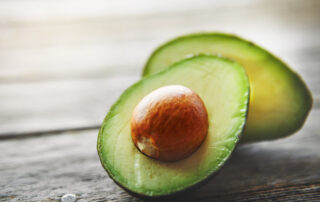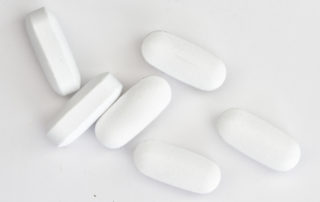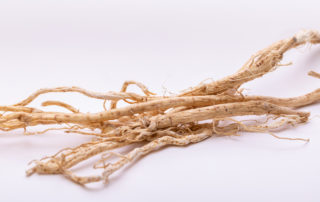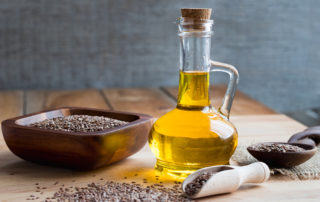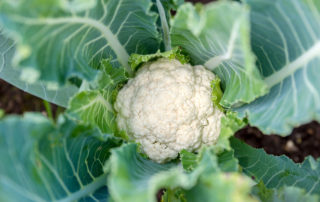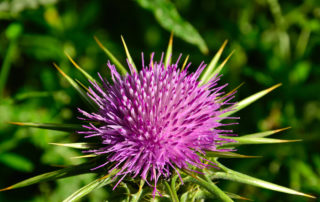Lowering Glutamate | Vitamin D
Vitamin D Vitamin D is a fat-soluble vitamin that depends on a healthy gut to absorb dietary fat or fatty acid oxidation disorders (this is more common in autism, and floating stools are a sign of trouble absorbing fats). While low levels of vitamin D can induce an imbalance towards excess glutamate (excitatory neurotransmitter) and low GABA (calming neurotransmitter), vitamin D can reduce excitotoxicity (excess glutamate and excitatory neurotransmitters) through modulation of the NMDA glutamate receptor. However, in my opinion, vitamin D's most important benefit is its ability to calm microglial activation. Microglial activation occurs as [...]


